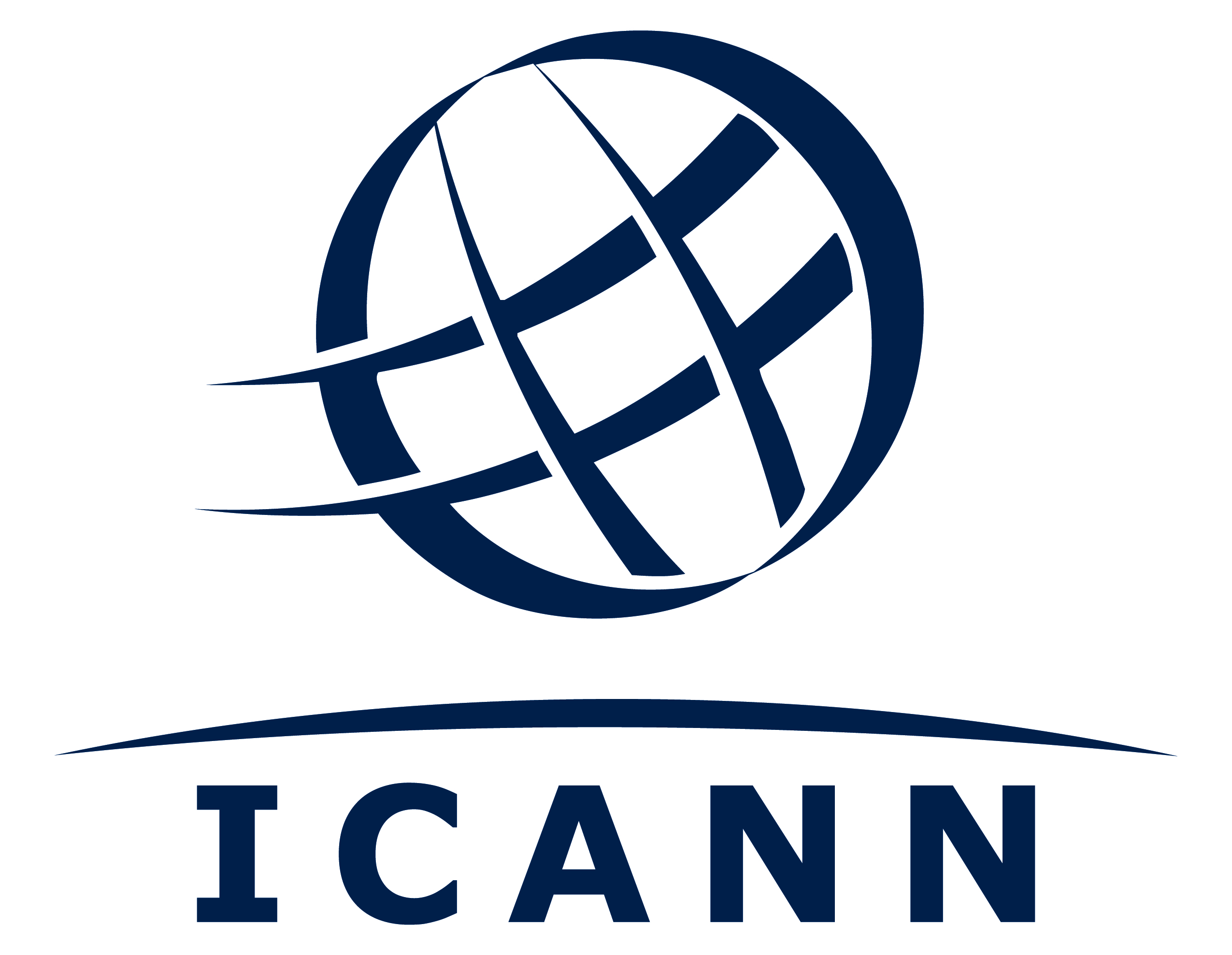Prior to the ICANN meeting in The Hague I wrote a couple of times about their insane waiver. I wrote to ICANN’s CEO and the Chair of the ICANN Board, but that went nowhere. We even filed a reconsideration request along with the .na domain registry, but that was also rejected.
And we were not alone. The ALAC also wrote to ICANN’s Board formally about the waiver (full text here as PDF). They highlighted some of the more egregious aspects of the document and went on to create a 10 reasons why the waiver is bad list.
ICANN’s response was shockingly tone deaf. The response was also sent AFTER the meeting had concluded, even though ALAC had written to ICANN a month prior to the meeting.
One of my favourite lines is this:
Objectively, the introduction of the waiver did not and does not represent any change to ICANN’s years-long practices of supporting Public Meeting attendees, including its funded travelers. ICANN provides a broad range of assistance to its attendees, including having health and safety services available, and resources to offer when our attendees face property loss or crisis.
You’d have to wonder if the person who wrote that had even read the waiver and what it clearly stated, though ICANN’s entire tone deaf response to criticism of the waiver has been consistently bad.
The casual way that ICANN refers to the incredibly broad terms that they included in the waiver makes my head hurt:
It also incorporates other terms that are standard in waivers, such as indemnification. Producing large meetings is a costly and risky endeavor, particularly as the world is emerging from the COVID-19 pandemic. The use of a waiver as such is therefore important from a fiduciary standpoint.
The ALAC letter to the ICANN Board pointed out the disconnect between the language of the waiver and the language in the FAQs and elsewhere. As ALAC pointed out the lack of coherence would make you wonder whether the two are in sync at all and whether the waiver as written was enforcable.
Personally I took a very clear stance on it.
As a result of ICANN’s refusal to make reasonable changes to the waiver prior to the meeting in The Hague I ended up not attending in person. I spent a fairly constructive few days in The Hague and attended some sessions remotely as well as having multiple meetings with people in person in one of the hotels near the venue.
So what now with future meetings?
ICANN recently opened registration for the meeting in Kuala Lumpur. They’re still forcing attendees to sign a waiver in order to attend in person, but they have made some changes to it.
Here’s the full text (PDF).
It has changed from the previous version. They’ve quietly removed some of the more ridiculous language and narrowed it down (mostly) to be a far more palatable document. It’s still ridiculous though you’d never guess that from any of their public statements.
The final paragraph tries yet again to let ICANN wash their hands of you in the case of anything bad happening:
In consideration for permission to attend the Event, I voluntarily agree to assume all of the risks associated with my participation in the Event, and accept sole responsibility for any injury, illness, damage, loss, claim, liability, or expense, of any kind, that I may experience or incur in connection with participation in the Event. On behalf of myself, heirs, personal representatives, executors and assigns, I hereby covenant to release, forever discharge, hold harmless, and not to sue ICANN and its affiliate of and from any and all claims for loss, damages, costs or expenses, personal injury, death, accidents, illnesses or bodily harm, or property loss, in connection with my participation at the Event, and any associated use of premises and facilities. This Liability Waiver and Release shall not apply if any expense, loss, damage, personal injury, including loss of life, illness, disability, property damage or property theft or actions of any kind is a result of ICANN and/or its affiliate’s gross negligence or willful misconduct.
This Liability Waiver and Release is specifically binding upon my heirs and assigns and is knowingly given.
I further agree to indemnify and hold ICANN and its affiliate harmless from any and against all claims, actions, suits, loss, procedures, costs, expenses, damages and liabilities, costs, including court costs and attorneys’ fees, arising out of my onsite participation in the ICANNEvent
See that’s just plain nuts. If you organise an event for the public you would have to get some form of public liability insurance or the venue you’re using for it would have to have same. Of course you want to limit your liability, which is why the section about Covid and other infectious diseases is in there. But a blanket “you can’t sue us”. Ever?
At least the new waiver has got rid of ICANN’s ability to poison attendees though, so there’s that! I also love how they’ve used the term “voluntarily”. There’s absolutely nothing voluntary about the waiver – you either agree to it or they won’t let you register.
So would I agree to the new version of the waiver?
I guess my answer is that I might, but I’m not 100% convinced. I still think that the approach is wrong and the way ICANN has handled this is completely tone deaf.
It’s so weird that an organisation that claims to work for its community would choose to do something that was so alienating of that community’s members. Over the past 15+ years I’ve spent thousands of hours on ICANN related work. After this I’m not sure I’d bother spending my time on ICANN related activities.
